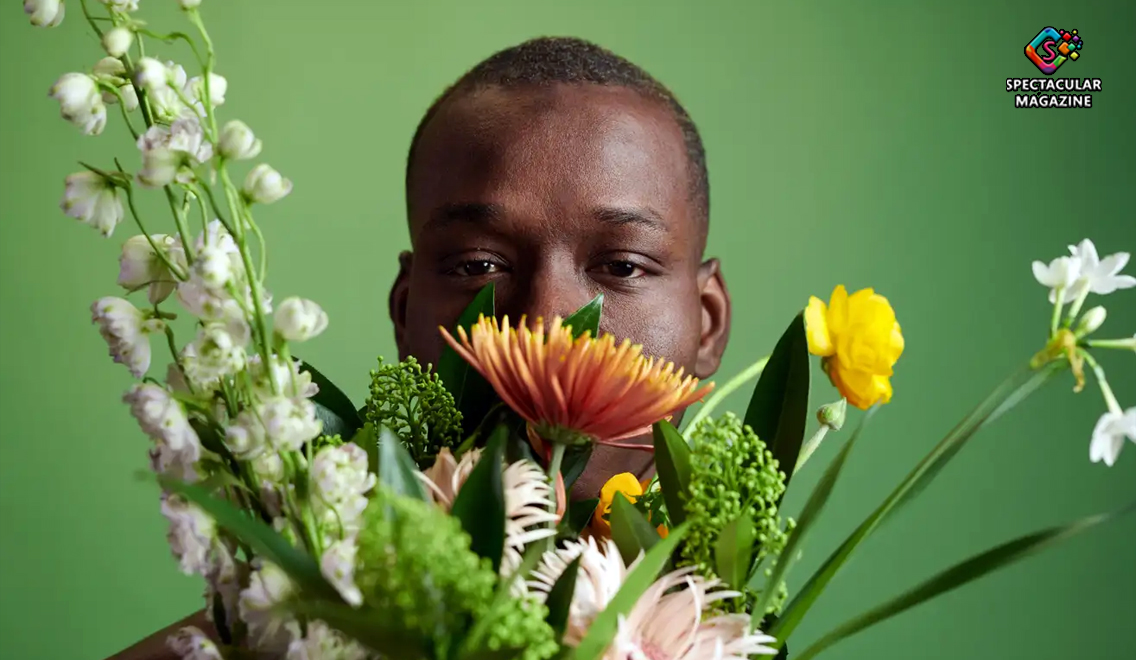A Non-Profit in Chicago Helps Black Men Heal Their Pain By Giving Them Flowers
The tragic death of beloved So You Think You Can Dance all-star Stephen “tWitch” Boss put much-needed attention to the subject of mental health and suicide awareness among Black men. According to the Suicide Prevention Resource Center, the suicide rate for young African-American men is more than three times that of African-American women.
 While factors like access to health insurance and the stigma around mental illness in the Black community are fundamental barriers to men getting the care they need, one of the biggest issues is the lack of culturally competent providers. According to the American Psychiatric Association, only two percent of psychiatrists and four percent of psychologists in the United States are Black.
While factors like access to health insurance and the stigma around mental illness in the Black community are fundamental barriers to men getting the care they need, one of the biggest issues is the lack of culturally competent providers. According to the American Psychiatric Association, only two percent of psychiatrists and four percent of psychologists in the United States are Black.
But Robert Washington-Vaughns believes a path to healing can be found in nature. And he’s putting the idea into practice with an innovative way of giving Black men their flowers.
The Black Men Flower Project is a non-profit organization on a mission to support Black men’s mental health and well-being. The idea was inspired by Washington-Vaughns’ experience in nature as a means of coping with his own diagnosed anxiety and depression.
 Using an online nomination form, Black men in Chicago, Columbus, OH, and New Mexico can nominate other Black men to have one-of-a-kind floral arrangements sent to them free of charge. Curated by local, Black-owned florists, the bouquets are intended to shatter stereotypes that prevent men from getting the help they need. While not intended to replace professional support and counseling, the creators believe the act of giving and receiving flowers opens up the lines of communication between Black men and lets them know they are not alone. While Black men are the only ones who can give and receive flowers, allies can support the organization through donations.
Using an online nomination form, Black men in Chicago, Columbus, OH, and New Mexico can nominate other Black men to have one-of-a-kind floral arrangements sent to them free of charge. Curated by local, Black-owned florists, the bouquets are intended to shatter stereotypes that prevent men from getting the help they need. While not intended to replace professional support and counseling, the creators believe the act of giving and receiving flowers opens up the lines of communication between Black men and lets them know they are not alone. While Black men are the only ones who can give and receive flowers, allies can support the organization through donations.
“Black men are suffering,” designer and co-founder John Caleb Pendleton told PEOPLE in an interview. “Flowers have been a healing space for me. I want other Black men to experience that.”
If you or someone you know needs help, please contact the Suicide & Crisis Lifeline at 988.

